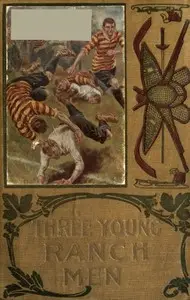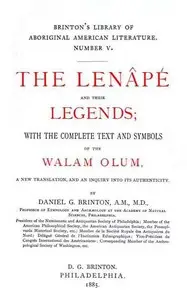"The Tragedy of Dido Queen of Carthage" by Christopher Marlowe and Thomas Nash is a play written in the late 16th century. This work explores themes of love, betrayal, and destiny through the tragic story of Dido, the Queen of Carthage, as she encounters the Trojan hero Aeneas after he is shipwrecked on her shores. The narrative delves into Dido's passionate love for Aeneas and the ensuing conflict that arises from his fate to continue his journey to Italy. At the start of the play, we are introduced to various gods interacting with one another, particularly Jupiter and Venus, who discuss the fates of Aeneas and Dido. Aeneas arrives, weary from his journey, and is warmly received by Dido, who is immediately enchanted by his presence. As the story unfolds, Dido expresses her longing and adoration for Aeneas, while Aeneas remains torn between his desire for Dido and his obligations dictated by fate. This dynamic sets the stage for the dramatic tension that will follow, as their love faces insurmountable challenges due to divine interference and the weight of destiny. (This is an automatically generated summary.)

The Tragedy of Dido Queene of Carthage
By Christopher Marlowe
"The Tragedy of Dido Queen of Carthage" by Christopher Marlowe and Thomas Nash is a play written in the late 16th century. This work explores themes o...
Christopher Marlowe, also known as Kit Marlowe, was an English playwright, poet, and translator of the Elizabethan era. Marlowe is among the most famous of the Elizabethan playwrights. Based upon the "many imitations" of his play Tamburlaine, modern scholars consider him to have been the foremost dramatist in London in the years just before his mysterious early death. Some scholars also believe that he greatly influenced William Shakespeare, who was baptised in the same year as Marlowe and later succeeded him as the preeminent Elizabethan playwright. Marlowe was the first to achieve critical reputation for his use of blank verse, which became the standard for the era. His plays are distinguished by their overreaching protagonists. Themes found within Marlowe's literary works have been noted as humanistic with realistic emotions, which some scholars find difficult to reconcile with Marlowe's "anti-intellectualism" and his catering to the prurient tastes of his Elizabethan audiences for generous displays of extreme physical violence, cruelty, and bloodshed.












